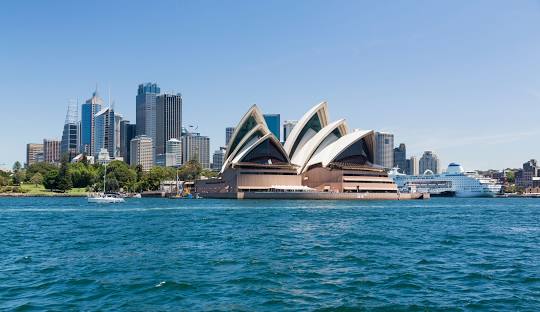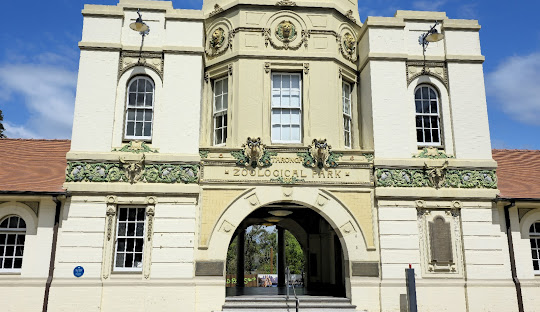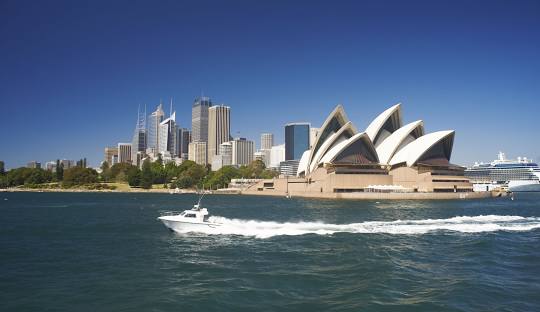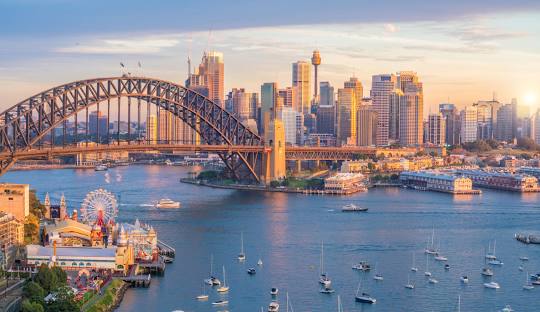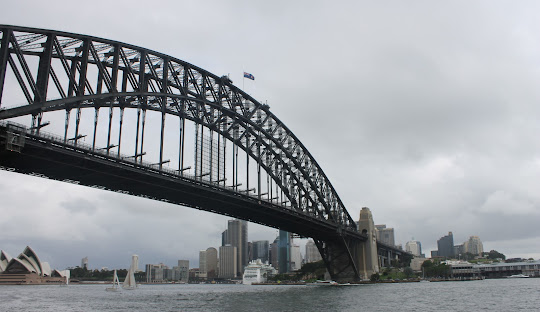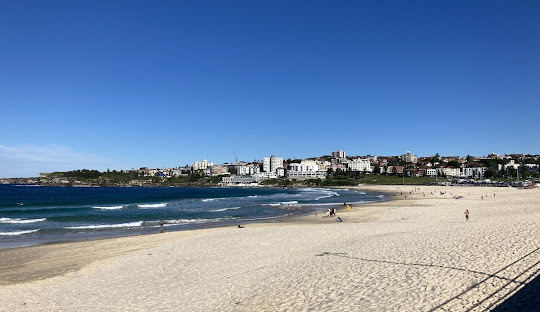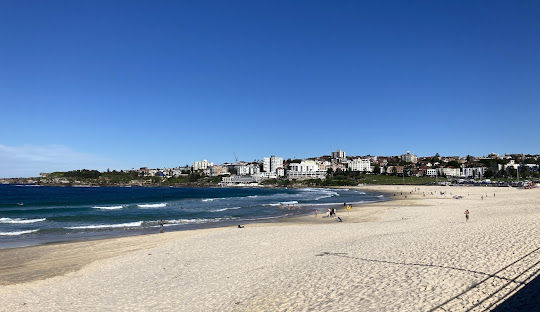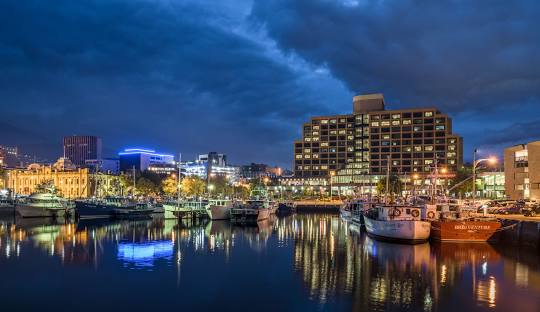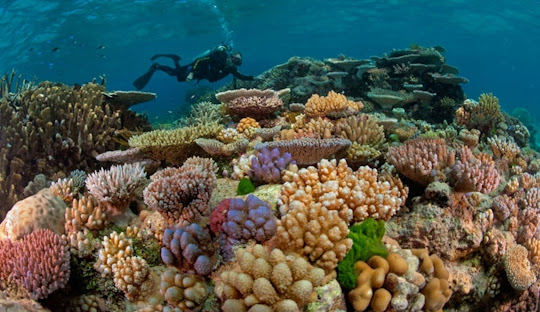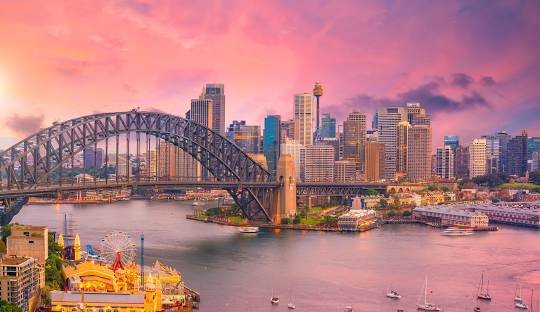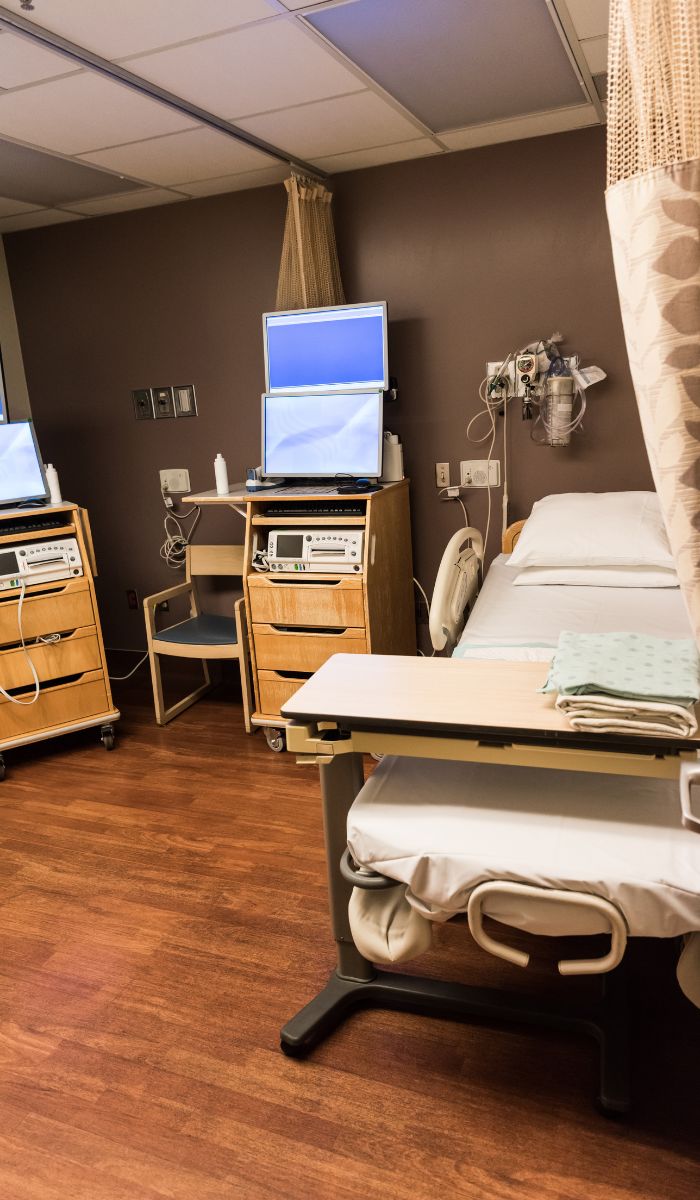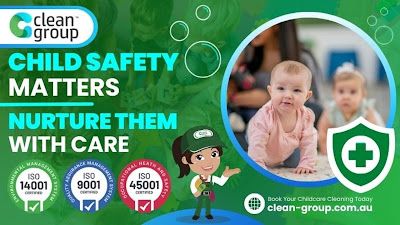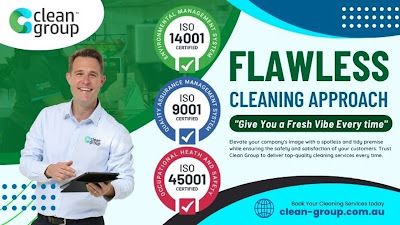
What to Consider When Reviewing a Commercial Cleaning Quote
Legal Requirements for Cleaners in Childcare Settings
In sum, the commercial cleaning industry is becoming more complex and specialized, driven by technological advancements, sustainability goals, and the growing demand for hygiene and safety in the workplace. The industry's ability to adapt to these changing needs while maintaining high standards of service and efficiency will be key to its continued success and growth. Clean Group provides comprehensive and professional Clean Group A Trusted ISO Certified Company across Sydney, NSW. Our fully insured, trained, and security-verified cleaners ensure your workplace stays spotless and hygienic. Schedule a free onsite quote today—book online or call us at 02 9160 7469. Get your obligation-free commercial cleaning estimate for offices, buildings, and other business spaces in Sydney.. As the market evolves, cleaning companies will need to remain flexible, innovative, and focused on providing customized solutions that meet the unique needs of their clients. With the continued emphasis on cleanliness, safety, and sustainability, the commercial cleaning sector is poised to play an even more integral role in shaping the future of workplaces and public spaces worldwide.
In conclusion, the commercial cleaning industry continues to evolve as businesses face new challenges and opportunities in maintaining clean, safe, and sustainable environments. With advancements in technology, an increasing focus on health and safety, and a growing demand for environmentally conscious practices, cleaning companies must be agile and adaptable to meet the ever-changing needs of their clients. Those that can offer innovative, customized solutions, prioritize sustainability, and maintain high standards of service will thrive in this competitive industry. As the demand for cleanliness and hygiene continues to rise, commercial cleaning companies that embrace these trends and stay ahead of the curve will be well-positioned for long-term success.
